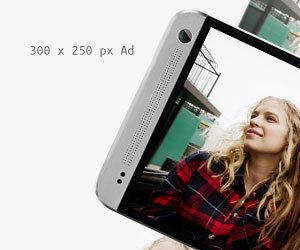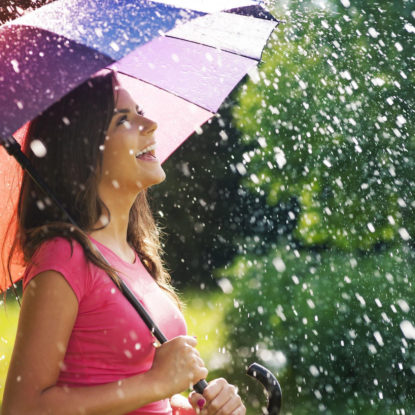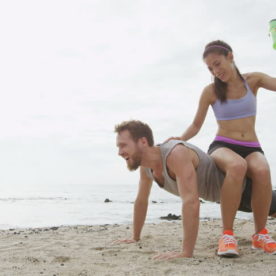When it comes to sunscreen, the sheer range of options can be baffling. Spray or squirt? 15 or 50? UVA protection or waterproof? And what even is an SPF? With all of this confusion it can seem overwhelming, so it’s important to understand the basics before you head out in the heat.
Put simply, sunscreen protects your skin against getting burned by the sun, and against its damaging rays. SPF stands for ‘sun protection factor’, and it relates to the amount of time you can spend in the sun before you get burnt. If you are fair skinned and would normally burn within 10 minutes, then a factor 30 would technically protect you for 300 minutes, or 5 hours. However, I recommend re-applying every two hours if the sun is hot, and again whenever you’ve dried off after swimming, even if you’re using waterproof cream.
UVA and UVB references on sunscreen are all about the ultraviolet rays the sun emits. Longwaves (UVA) and shortwaves (UVB) are the villains that cause ageing, skin damage and even cancers. In fact, UV radiation plays a key role in developing melanoma, which is thought to kill around 8000 people each year in the US alone. Though the fairest skins are the most prone to cancer, changes in lifestyle have resulted in an increase of skin cancer cases throughout Dubai, as even those with darker skin are holidaying in sunny climates and spending more time outdoors.
One thing I would strongly avoid is sun-worshipping. Although today’s high tech sunscreens can block out both UVA and UVB rays, prolonged sun exposure is not only ageing but it can result in skin cancer. As well as avoiding direct sun during the hottest part of the day, I would advise using a lotion that protects against both UVA and UVB rays with a minimum SPF 15, even on cloudy days, and even on darker skin. Also, anyone who has recently had a skincare treatment should definitely keep their face out of the sun. In Dubai, while it is not possible to avoid the sun completely, you can take precautions such as wearing sunscreen, as well as sunglasses and a wide-brimmed hat.
So what should you look out for when buying sunscreen? Well, as long as the package says it offers both UVA and UVB protection, you need to choose the SPF that’s right for you. Then consider whether you need it to be waterproof, or suitable for sensitive skin. Tests have proven that price is no indicator of quality when it comes to sunscreen, and own brands – even from supermarkets – can offer the same protections at often unbeatable prices. So go with what you need – or even which one smells the nicest! – but use it often, and use it well.
To enjoy the sunshine without risking the future of your face, I would strongly advise using broad-spectrum factor 30+ face cream every day, to avoid wrinkles and dark spots.











